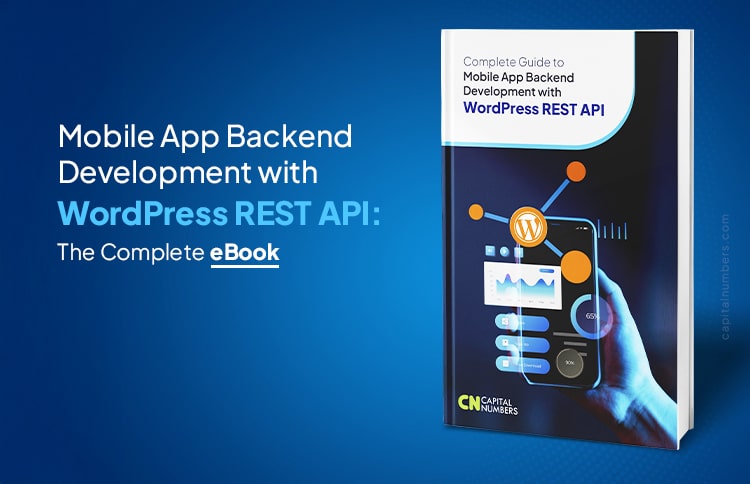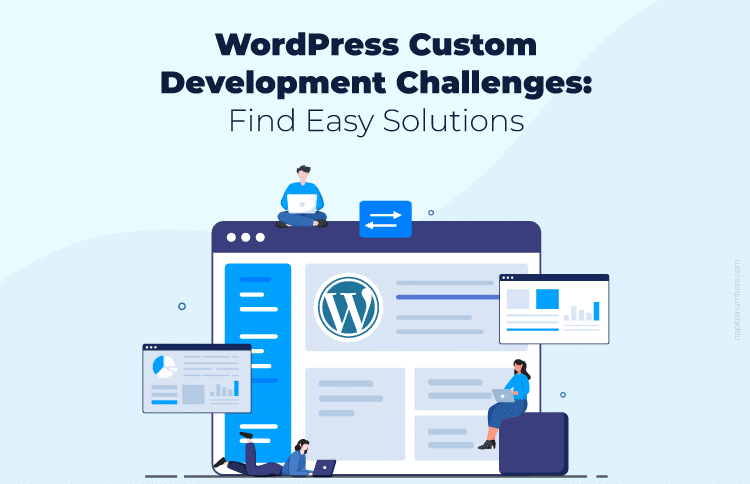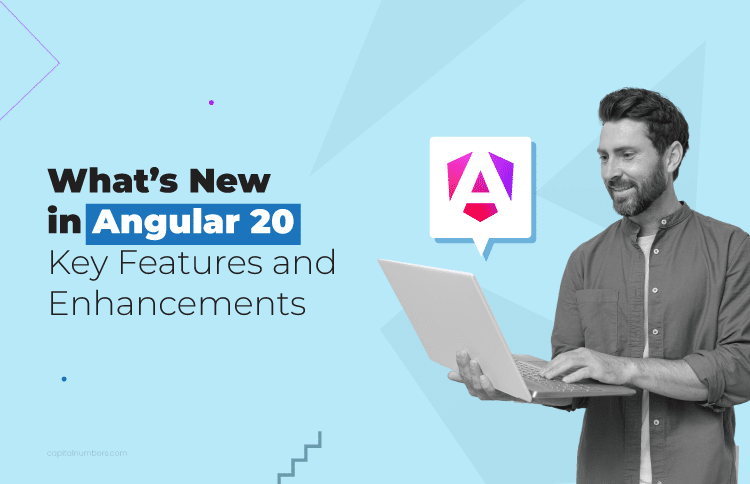Python Code Review Tools for Developers: A Detailed Guide
Table of Contents
Python is one of the most popular programming languages in the world, known for its simplicity, versatility, and readability. As with any programming language, ensuring the code is functional, maintainable, efficient, and secure is essential. This is where code review comes in.
Code review is the process of checking and testing codes to identify and fix errors and improve code quality. A code reviewer looks for ways to improve code across several areas, including bugs, readability, security, and efficiency.
Initially, code reviews happened manually, but with time, various tools came to the market to help developers automate the review process. Before you hire Python developers, dig deeper to know about code reviews for Python in detail.
What Are the Types of Code Reviews?
There are different types of code reviews. Let’s explore these in detail –
1. The Instant Code Review
It is done in pair programming and works well when two developers with similar skill sets work on a complex business problem.
2. The Synchronous Code Review
This type of review works well when the reviewer lacks knowledge about the task goal and needs an explanation from the coder. Also, it works well if lots of code improvements are expected due to the lack of experience from the coder.
3. The Asynchronous Code Review
It prevents the problem of forced context switching and works well for the most common use cases.
4. The Once-in-a-while Code Review
It can be used to get started with code reviews, so, not a permanent option for a professional team.
Top 7 Python Code Review Tools
1. Pylint
It is a static code analyzer for Python 2 and 3. And the latest version supports 3.7.2 and above.
Pylint checks your Python code without actually running it. It checks for errors, enforces a coding standard, looks for code smells, and can suggest how the code could be refactored.
2. Snyk Code
Synk Code can scan app code for quality and security issues to help developers make fixes within their IDE. By remediating issues on the spot, development teams can immediately improve their software’s quality and security posture – without slowing development velocity.
Snyk Code Checker uses an AI-powered engine that has scanned over 500,000 code repositories for patterns in common code issues. It currently supports JavaScript, Java, TypeScript, and Python during every stage of development. Also, the tool can be integrated directly with IntelliJ, PyCharm, and Visual Studio (VS) Code.
3. GitHub
GitHub’s built-in code review tool performs lightweight code reviews for every pull request. You can create review processes that improve code quality and fit well into your workflow.
GitHub includes other features that help with reviews, including history, diffs, and blame view, giving you different insights into the code’s changes. Also, you have options like discussing codes, resolving simple conflicts, merging the highest quality codes, etc.
4. CodeScene
CodeScene uses machine learning to identify areas of poor code quality and suggest improvements. It is different from other tools in its behavioral analysis component. With CodeScene, Python experts can identify code hotspots, which are areas of the code that are particularly complex or risky. Also, you can identify areas of code that are under test or require additional testing.
Moreover, it provides an overview of your codebase, showing how it is structured and how different parts of the code interact. Additionally, CodeScene can help you to identify code smells and other issues that can lead to technical debt. By using CodeScene to identify these issues early on, you can address them before they are difficult and expensive to fix in.
5. Codacy
Codacy is a cloud-based code review tool supporting over 40 programming languages, including PHP. It is designed to help developers maintain their code quality and consistency by providing automated code reviews and analysis. With this, you can configure custom rules and policies for your PHP codebase, and it will automatically identify code issues and suggest improvements.
Codacy integrates with popular code repositories like GitHub, GitLab, and Bitbucket, making incorporating code reviews into your development workflow easy. Codacy’s automated code analysis covers a range of issues, including code complexity, coding standards, and security vulnerabilities. Codacy also has a team collaboration feature that allows multiple developers to review and comment on code changes. This can help improve code quality and facilitate knowledge sharing among team members.
6. RhodeCode
It is an open-source repository management platform that provides unified security and team collaboration across Subversion, Git, and Mercurial. With RhodeCode, you can perform code reviews on PHP code as part of a pull request or as a standalone review. It allows you to comment on specific lines of code and discuss the code changes with other team members. Also, it assists in identifying issues early on and ensures that code changes meet your organization’s coding standards.
RhodeCode also provides a range of other features that can be useful for PHP development, such as support for Git and Mercurial repositories. RhodeCode offers integrations with other tools commonly used in PHP development, such as Jenkins, JIRA, and Slack. These integrations streamline your development workflow and improve collaboration among team members.
7. Collaborator
Collaborator is a popular tool used for code review in software development. While it is not specially designed as a Python code review tool, it can be used for this purpose.
It allows teams to review code changes, track bugs and resolutions in real-time, and leave comments and suggestions. All these make it an excellent choice for teams working on Python projects, as it can help improve code quality, catch bugs and vulnerabilities, and streamline the development process.
Also Read: Node.js vs. Python: 5 Ways to Pick the Best Technology for Your Back-end
Python Code Review Checklist
There are a plethora of tools that approach Python code review with different tactics. Despite these tools’ convenience, none are smarter than a competent code review team is the best. So, your team needs to follow the best practices to conduct better Python code reviews. Along with the general code review checklist, you should consider these Python-specific code review items –
- Are all new packages used included in requirements.txt
- Does the code pass all lint checks?
- Do functions use type hints, and are there any type hint errors?
- Is the code readable and using Pythonic constructs wherever possible?
Bottom Line
Python code review process is key to boosting your organization’s efficiency. Specifically, taking advantage of the right code review tool helps you remove redundancy in your development cycle. With these, you can ensure high-quality and manageable codes that are easy for the next person to work with.
But with so many available tools, picking the best one might be difficult. Considering your needs and picking a suitable one depending on that is the best way to go.
And if you want to ensure seamless development with expert Python developers, go for Capital Numbers. You can hire remote Python developers and meet your development goals with us. So, without waiting any further, book a call today!















